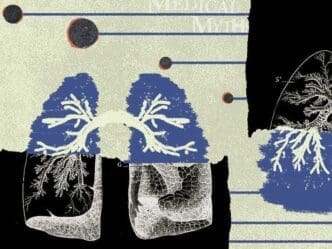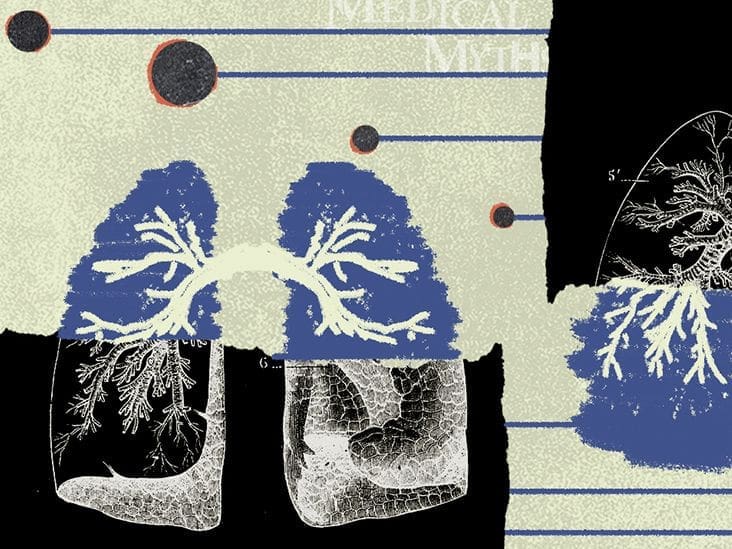Lung cancer remains one of the most misinterpreted health issues despite its prevalence. It’s crucial to address these myths to foster accurate understanding and reduce stigma associated with the condition.
Firstly, the notion that only smokers develop lung cancer is both inaccurate and damaging. According to Dr. Fred R. Hirsch, around 10-20% of people with lung cancer have never smoked. Secondhand smoke, radon exposure, and other factors contribute to this disease, disproving the belief that smoking is the sole cause.
Moreover, the idea that there’s no way to reduce lung cancer risk is misleading. Dr. Hirsch emphasizes smoking cessation, limiting secondhand smoke exposure, and lifestyle changes as significant preventive strategies. Additionally, lung cancer screenings with low-dose CT scans can significantly reduce mortality for high-risk groups.
Contrary to popular belief, lung cancer is not restricted to older adults. Increasing numbers of individuals below the age of 50, especially women, are diagnosed with it. This highlights the importance of awareness across age groups.
While pollution is a known risk factor, comparing its impact to smoking is challenging. Dr. Hirsch suggests that combining smoking with living in polluted cities may exacerbate lung cancer risk. It’s essential to acknowledge that both factors are harmful.
Another myth asserts that it’s futile to quit smoking after years of the habit. However, quitting smoking significantly reduces the risk of lung cancer and other health conditions, regardless of age or smoking history. This underscores the health benefits of quitting at any stage.
The belief that smoking cannabis doesn’t increase lung cancer risk is still under investigation. Dr. Hirsch points out the need for more long-term studies, given that many cannabis users also smoke tobacco, which complicates the analysis.
Some might think that continuing to smoke doesn’t affect the prognosis for those already diagnosed with lung cancer. In contrast, Dr. Hirsch confirms that quitting smoking improves the outcomes for lung cancer patients.
The misconception that lung cancer surgery causes cancer to spread is unfounded. Early-stage lung cancer surgery is crucial and can be curative. Adjuvant therapies are employed to prevent spread and enhance survival.
Concerns about talcum powder increasing lung cancer risk are unproven. Dr. Hirsch clarifies that any association noted in mining studies might involve other underground factors known to cause lung cancer.
The false assumption that lung cancer always presents noticeable symptoms can be dangerous. Regular screenings are vital, especially since some individuals with lung cancer remain asymptomatic.
While lung cancer is a severe condition, labeling it as always terminal is incorrect. Early detection offers a cure rate exceeding 60%, and advancements in therapies have improved outcomes even for advanced cases.
Using antioxidant supplements as a lung cancer preventative measure is not yet supported by conclusive evidence. Although some studies suggest possible benefits, more research is needed.
Finally, it’s critical to recognize that smoking, though a primary risk factor, is not the only one. Family history, exposure to pollution, radon, asbestos, previous chest radiation, and chronic lung diseases also increase lung cancer risk.
Understanding the realities of lung cancer and debunking myths is vital for prevention and early detection. This can significantly enhance patient outcomes and quality of life.
Source: Medicalnewstoday








